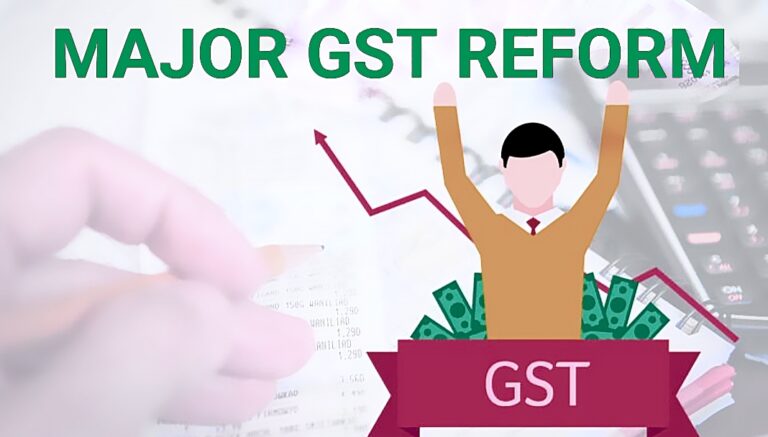The Goods and Services Tax (GST) Council has recently introduced a landmark change in compliance requirements concerning credit notes and invoices. This significant reform removes the long-standing requirement to link every credit note with a specific invoice number. The move is widely welcomed by businesses, particularly in the FMCG, retail, and consumer goods sectors, where sales returns, discounts, and short product life cycles are common.
This change marks a turning point in the way businesses manage their GST documentation, simplifying compliance, reducing administrative challenges, and aligning tax laws with practical business realities.
Relief from Linking Credit Notes with Invoices
Until now, companies were mandated to map each credit note to a corresponding invoice. For large businesses, this meant reconciling millions of records every financial year. In sectors like FMCG, where products move through multiple supply chains, and returns are frequent due to expiry or damage, the compliance burden was enormous.
The new relaxation does away with this cumbersome process. Businesses can now issue credit notes without being forced to specify the exact invoice number. This simplification is not only time-saving but also cost-effective, freeing up accounting teams to focus on core financial operations instead of tedious reconciliations.
Impact on Discounts and Trade Practices
Another major relief under this reform is related to discounts. Previously, businesses could only claim reductions in taxable value for discounts that were pre-agreed upon at the time of supply and explicitly mentioned in invoices. Post-sale discounts, which are a common business practice, especially in competitive industries, were not always recognized under GST.
The new changes ease this restriction. Taxpayers can now claim reductions in taxable value even for post-sale discounts without the need for pre-signed agreements or invoice-wise linkage. This provides greater commercial flexibility and encourages companies to design more customer-friendly sales strategies.
Why This Change Matters
- Reduced Compliance Burden – Large organizations no longer need to reconcile billions of invoices and credit notes, cutting down compliance costs and manpower requirements.
- Supports FMCG & Retail – Industries dealing with returns, replacements, or short shelf-life products gain the most from this relaxation.
- Encourages Trade Discounts – Post-sale discounts are now easier to implement, helping businesses stay competitive in a price-sensitive market.
- Alignment with Business Practices – The GST framework is becoming more practical and business-friendly by recognizing real-world trade practices.
- Boost to Ease of Doing Business – Simplified documentation will enhance transparency and improve India’s ranking in ease of doing business indices.
Expected Clarifications on Post-Sale Discounts
While this reform is a step in the right direction, businesses are awaiting further detailed clarifications from the GST authorities. Specifically, guidance is expected on how post-sale discounts will be reported in GST returns, and whether uniformity will be maintained across different industries. Experts believe that once these finer points are clarified, the reform will completely eliminate long-standing disputes between taxpayers and tax officers.
Conclusion
The removal of the requirement to link credit notes with specific invoices is one of the most impactful GST reforms in recent times. It directly addresses a critical pain point faced by businesses for years. By simplifying compliance, reducing disputes, and allowing flexibility in discount practices, the GST Council has demonstrated its commitment to creating a more business-friendly tax environment.
For companies in FMCG, retail, and fast-moving industries, this reform is a game-changer. It not only reduces operational hurdles but also aligns tax compliance with real-world trade practices. With more clarity expected on post-sale discounts, the business community can look forward to an even smoother GST regime in the near future.
